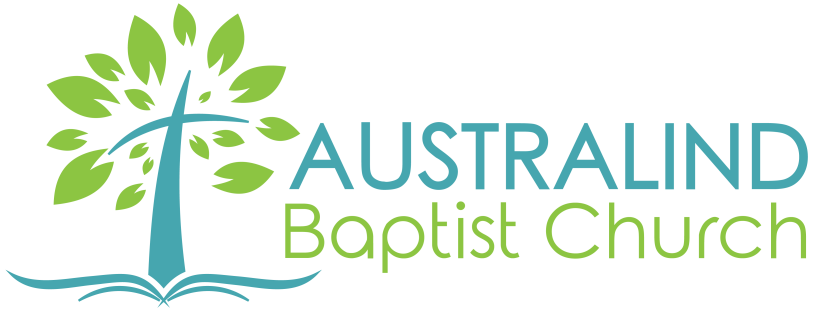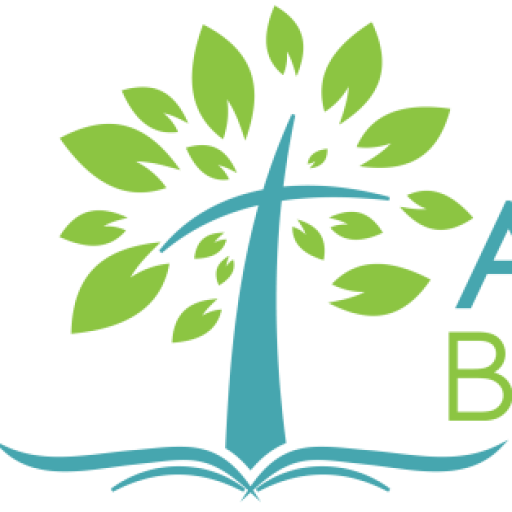- I Trust in you
Psalm 7Powerful people attract enemies. We see it all around us, politicians, rulers, business people even sporting greats all have others that want to bring them down. Particularly in the world of social media where there is no accountability and in the guise of free speech, accusations are thrown around, often without evidence, and reputations are ruined. Sometimes it gets even nastier, and people’s lives and futures are put at risk.
David had these enemies and one in particular is the subject of this Psalm. He is identified as ‘Cush the Benjamite’, nothing else is said about him. Cush was a region that we now call Ethiopia extending further south to Northern Kenya, and as a Benjamite he was from the same tribe as King Saul who was trying to kill David. Some believe the subject of the Psalm was King Saul himself, or at least one of his close advisors. Accusations were made against David, they were not true, and he was keen to justify himself, one of those accusations was that David was trying to kill Saul and take his place. On two occasions David had opportunity to do that and didn’t in fact he said ‘far be it from me to raise my hand against the Lord’s anointed’.
In many ways David was less than righteous in his behaviour, but in the things he was accused of he could protest his innocence and in this psalm he does that. All of us, especially those that are in positions of leadership or influence have accusations made and lies told about us. They may come from jealousy or insecurity, or just malice. The natural inclination would be to try to justify ourselves, even take revenge – give as good as we get or stand up for our rights. David recognized that his protection could only come from God, he would trust in Him, he alone was his refuge.
David was prepared to examine himself to make sure there was no fault in him, at least as far as these accusations went. He was willing to accept the consequences of any failure on his part, but he was convinced he was innocent. He looked to God not only to justify him but to punish his accusers as well. He left revenge or justice in God’s hands, he knew that God was his deliverer and that eventually he who be restored. Isiah 54:17 promises: ‘no weapon that is fashioned against you shall succeed, and you shall refute every tongue that rises against you in judgment. This is the heritage of the servants of the Lord and their vindication from me, declares the Lord.”’
David appeals to God to bring judgment; he looks forward to the day when that will happen. So do we. The time is coming when Jesus will return in power, he will hold those who have rejected him, and falsely accused his people to account. He will vindicate those he declares to be righteous, and he will invite them to join him in the New Heavens and the New Earth where will reign. No one likes to be falsely accused, to be lied about. We want to stand up and retaliate, but this was not Jesus’ example, the one we should live by. The Bible tells us that we are to turn the other cheek, just as he did, not to seek revenge, to leave recompense to God. This idea screams out against almost everything we are brought up to believe, stand up for your rights, don’t be a doormat and so on. God guarantees us that the false accusers will not go unpunished, he will bring justice and you will be vindicated. Like David, we can rest in this assurance and, ‘give to the Lord the thanks due to his righteousness, and sing praise to the name of the Lord, the Most High.’’
- How do you feel when people tell lies about you?
- What do you want to do about it?
- Do you think you should stand up for your rights?

